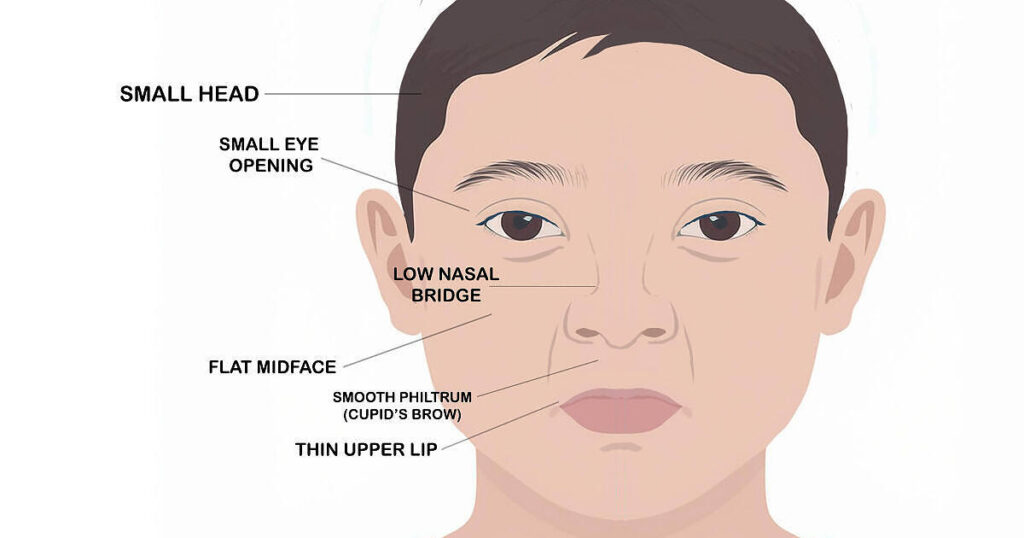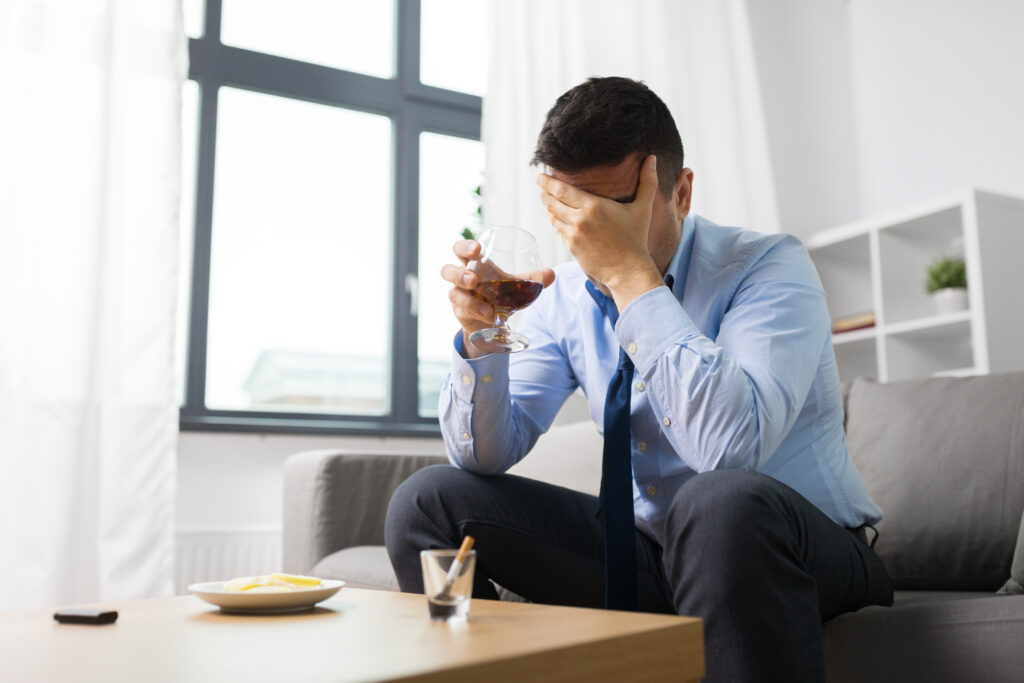In this article, we’ll discuss everything you need to know about alcohol poisoning so you can take swift action when required.
With this knowledge, you can save someone’s life and maybe even your own.
What Is Alcohol Poisoning?
As you may have already guessed, alcohol poisoning or alcohol intoxication is when someone consumes a toxic level of alcohol, usually in a short time. It’s also called alcohol overdose, just like an overdose of any other illicit drug.
Scientifically speaking, this is when you’ve drunk an amount of alcohol that puts your blood alcohol level at a poisonous level. This can happen to anyone of any gender, age, or size.

What Quantities Can Lead to Alcohol Poisoning?
Of course, everyone’s biological makeup is different. You might be able to have two beers in 1 hour and feel fine while your friend is slurring their words with that amount.
In general, alcohol poisoning usually comes from binge drinking.
Moderation is always the key to drinking safely and responsibly. For men, this is five or more alcoholic beverages in 2 hours. For women, this amount is reduced to 4.
And what is a “drink”? Formally, they’re either 12 ounces of 5% beer, 5 ounces of 12% alcohol, or 5 ounces of 40% liquor.
Suppose you drink more than five units of alcohol in 2 hours; that is considered excessive drinking. As a result, this can lead to alcohol poisoning.
How Long Does Alcohol Poisoning Last?
Unfortunately, there’s no simple answer to this question. This is because, like the previous question, it depends on your biological makeup.
Personal factors that affect how long alcohol poisoning lasts for someone include their age, weight, metabolism, sex, level of alcohol tolerance, and any medications they’re on. Outside factors include the type of alcohol consumed, how quickly it was drunk, and if you ate beforehand.
The thing is, your Blood Alcohol Concentration (BAC)can still rise, even if you haven’t touched a drink in a while. It can continue to do so for up to 40 minutes. So, if you start feeling sick and stop drinking, you might feel more ill in the next hour.
As a general rule of thumb, know that alcohol poisoning can last for several hours. The higher your alcohol poisoning level is, the longer it’ll last.
Who Is at Risk for Alcohol Poisoning?
Everyone is at risk for alcohol poisoning. However, some factors can put you at a higher or lower risk.
Those who are on the smaller and leaner side, they’ll be more susceptible to alcohol poisoning. This is because they have less fat to absorb the alcohol.
Also, regular/problem drinkers have a somewhat higher risk. Their tolerance is higher, which means they need more alcohol before they feel intoxicated. This can cause them to drink higher quantities in shorter periods.
Lastly, if you’re in poor health, you’ll be more at risk for alcohol poisoning, especially if you don’t have a fully functioning liver. When your body can’t process alcohol as effectively, you’ll get alcohol poisoning more easily.
Signs and Symptoms of Alcohol Poisoning
[su_note note_color=”#e0f2f2″ text_color=”#000000″ radius=”3″ class=”” id=””]
Here are some of the most common alcohol poisoning symptoms:
- Vomiting
- Confusion
- Incoherent speech
- Pale and blueish skin
- Clamminess
- Irregular breathing
[/su_note]
Watch for these behaviours, as they can indicate imminent danger. In extreme cases, they may become unresponsive, have seizures, and even become comatose. This can lead to brain damage and death.
Other physical symptoms a person might have are an irregular heartbeat and a heart attack. Some may get an alcohol poisoning rash, too.
As you can see, these are severe symptoms that need immediate attention.
What Does Alcohol Do to Your Body?
First, whatever you eat or drink gets processed by your body. 2 things happen: nutrients are pulled out, and toxins are filtered out.
Your liver is the main organ that’s responsible for the latter. This means it has a considerable job to handle; it essentially has to be “on” 24/7 to make sure you don’t die of poisoning.
Yes, we do drink alcohol and don’t die from it (usually), but the truth is, it’s technically poison. So, no matter if you drink one beer or a whole bottle of vodka at once, your liver needs to work hard to filter those toxins out. As drinking increases, people become sleepy or fall into a stupor.
Use our unit calculator to find out how many units are in a particular drink or check how much you’re drinking.
The Dangers of Alcohol
You presumably already remember how horrible it can feel the day after a night out. You awake with a dreadful headache, feeling squeamish and shaky, and you probably waste the rest of the day trying to recover and feel good again.
This is because not only is alcohol toxic, but it’s also a diuretic. This means it causes you to become dehydrated quicker, especially if you don’t remember to drink plenty of water.
These are just short-term dangers as well. If you keep up with drinking over a long time, your risk for certain diseases (such as throat and cancer) increases significantly.
Not to mention these physiological dangers as well.
When you drink, your inhibitions are lowered, and your judgment is impaired. You might end up doing things you’d usually never do. For example, you might partake in drugs you’ve never touched before or have unprotected sex with multiple strangers.
All of the above can put your health in great danger.
What Are Blackouts?
Many people who have alcohol poisoning end up having blackouts. What are these?
Blackouts are precisely what they sound like; it’s where you ingest so much alcohol that you have amnesia. Some remember bits and pieces of the night, while others forget everything.
The latter happens because your body is so incapacitated that your brain actually can’t make any new memories. So it’s not that you’ve made them and forgotten; you never made them in the first place.
If you’re not the person in question, it can be difficult to tell if someone’s blacking out. They can act normally, such as walking, talking, and performing other actions. You won’t know until later if they were blacked out or not.
What to Do When Someone Has Alcohol Poisoning
One mistake people make when someone has alcohol poisoning is to try to fix it themselves. They may try to get the affected person to sit up, talk, drink water, etc.
However, you should know that alcohol poisoning always has the potential to be fatal. It can also cause significant injury to the brain, which can have its own set of consequences.

The best way to help someone who has alcohol poisoning is to call 999 straight away. That way, medical professionals can quickly arrive on the scene and take the affected person to the hospital, where they can get proper treatment.
While you’re waiting for the ambulance to arrive, make sure the person sits up straight and stays awake. Never leave them alone, as anything can happen in a split second.
Treatments for Alcohol Poisoning
For alcohol poisoning treatment, medical professionals may try various things, depending on how bad it is. For example, if the person cannot breathe independently, a windpipe might be inserted to help with that issue.
And if they’re severely dehydrated, then an IV drip might be given. This can deliver fluids, glucose, and vitamins.
In severe cases, a stomach pump might be used. That way, it can quickly rid the body of all alcohol, so the liver doesn’t have to work overtime as much.


